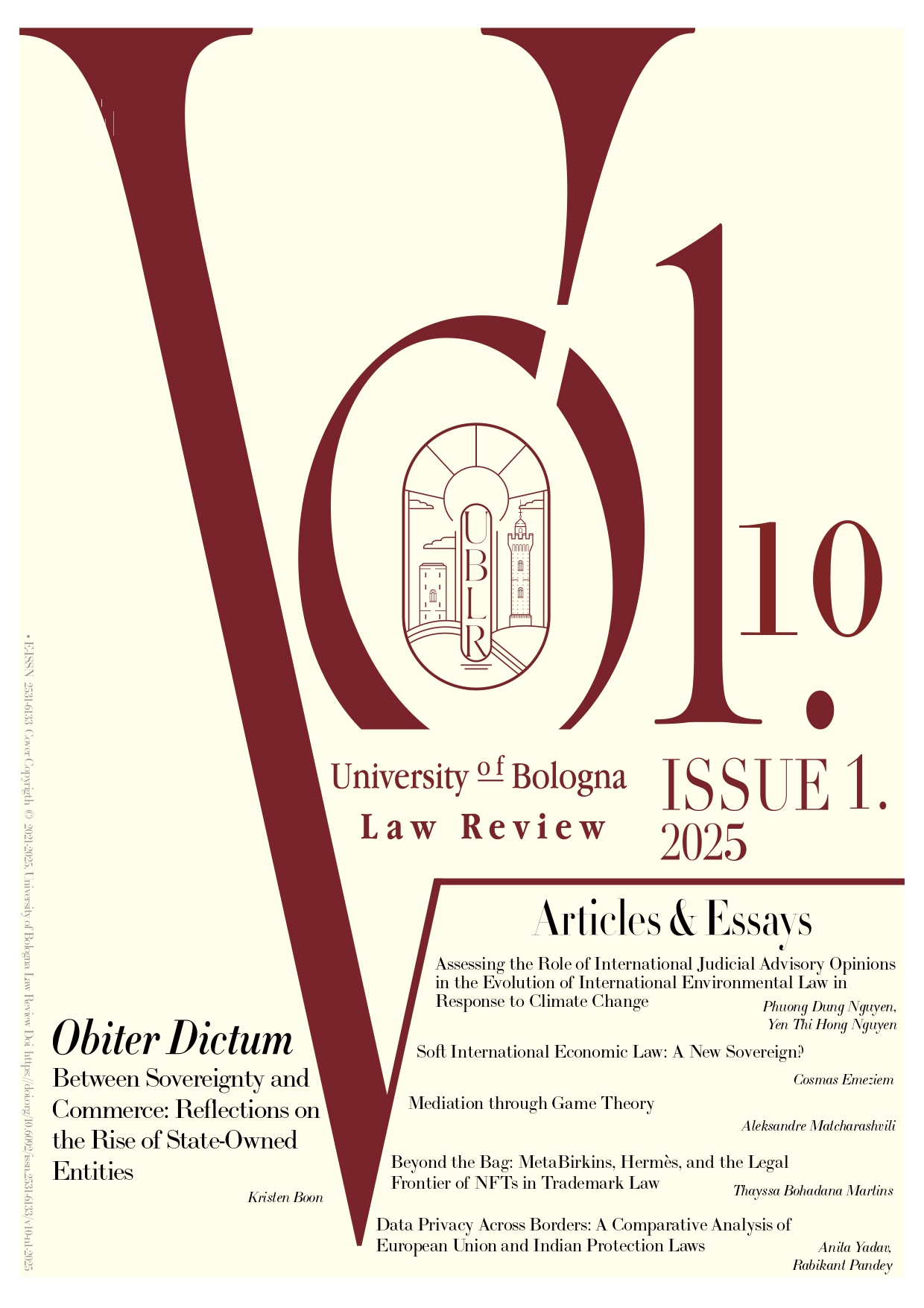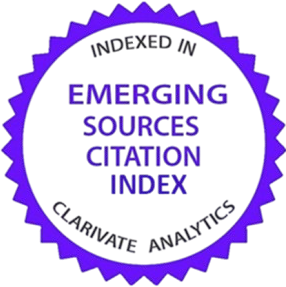Soft International Economic Law: A New Sovereign?
DOI:
https://doi.org/10.6092/issn.2531-6133/21501Keywords:
Soft Law, Jurisprudence, Financial Regulation, Taxonomy, Comparative and International LawAbstract
This article examines the influence of soft law on formal international economic law structures and develops a theoretical framework for understanding its systemic significance within the discipline. The study addresses two intersecting objectives: first, demonstrating that soft laws substantially impact commercial treaties, global financial regulation policies, investment agreements, and dispute settlement institutions; second, establishing that despite this broad influence, international economic law lacks a cohesive theoretical understanding of soft law’s systemic weight. The research employs comparative, normative, and analytical methodologies to examine how soft law functions as a contemporary mechanism through which seemingly benign taxonomies exert substantial influence in international economic law. The analysis reveals that soft law operates as a functional alternative when states and international law-makers cannot achieve consensus on treaties or hard law instruments. This study contributes to international economic law scholarship by providing a systematic theoretical framework for understanding soft law’s role and demonstrating its significant impact on formal legal structures and regulatory processes.
Downloads
Downloads
Published
How to Cite
Issue
Section
License
Copyright (c) 2025 Cosmas Emeziem

This work is licensed under a Creative Commons Attribution 4.0 International License.














